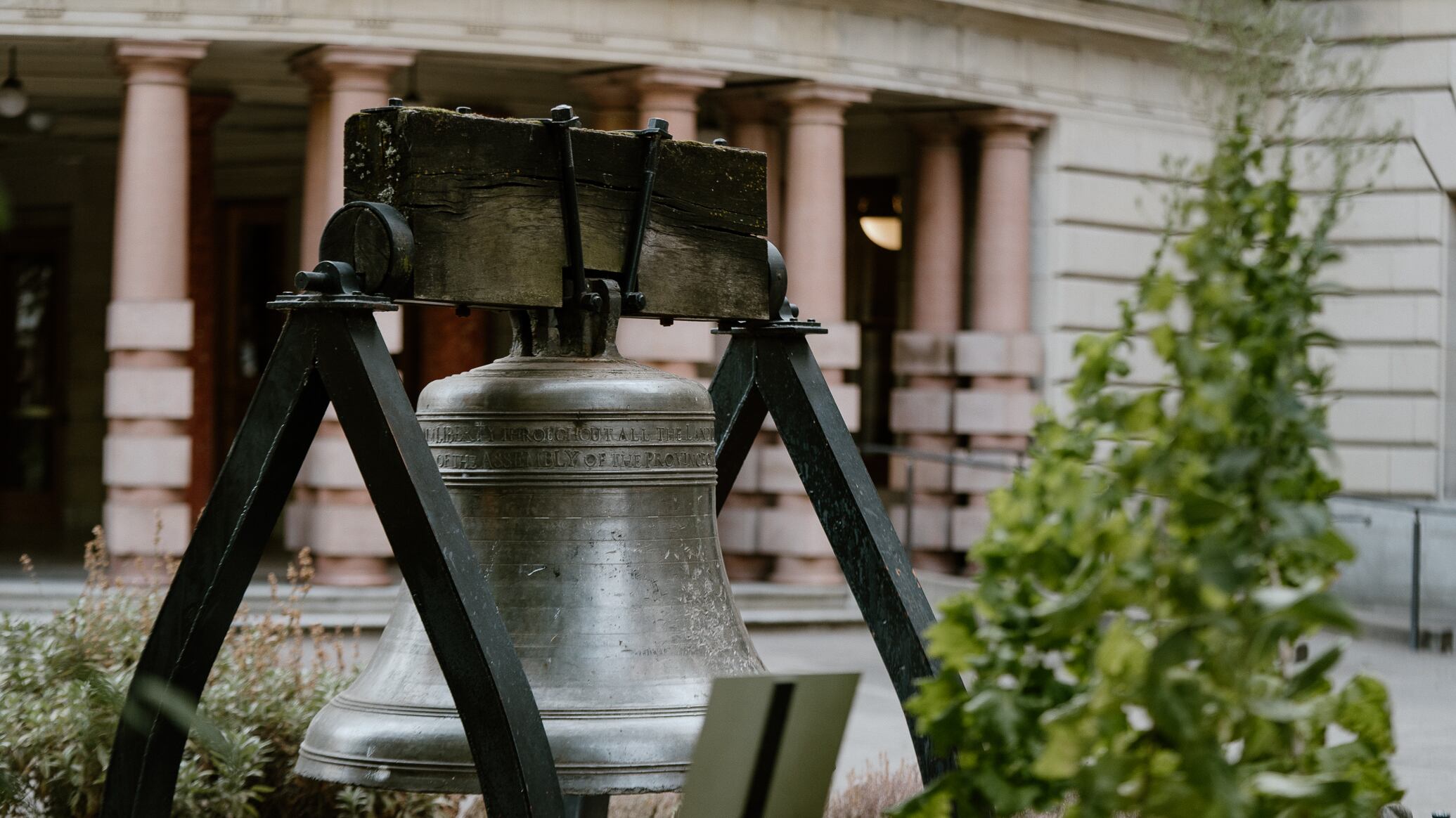Companies and advocacy groups that lobby city officials must track expenditures and document their communications. They’re required to report their dealings at Portland City Hall every three months. Last week, the latest lobbying reports came out showing activity between June 30 and Sept. 30.
Below are the top 10 spenders and, if available, what they were lobbying for—or against.
1. People for Portland: $106,380
The political advocacy group spent little compared to what it shelled out in the final quarter of 2021: half a million dollars. But it spent more this quarter than it did in the previous quarter, exceeding that amount by $85,000. The PAC was dealt a blow this summer when it failed to place a measure on the fall ballot that would reroute much of a homeless services tax to emergency shelter. It promptly returned all of the money it raised to downtown developers this spring. But its campaign continues: Emails urging Portlanders to press city officials to ban camping and set up emergency shelters arrive in inboxes almost daily. And the group has found new life since the Portland City Council approved a plan to build six massive encampments with the goal of banning sidewalk camping citywide.
Only two communications are noted in this quarter’s filings, both with City Commissioner Dan Ryan or his staff. They both involved the city’s safe rest villages and “housing policy.”
2. Western States Petroleum Association: $18,460
A major Western trade association for companies that produce and transport petroleum fuel, it lobbied the mayor’s office last quarter about the city’s drafted update of the right-of-way code, which regulates and keeps track of utility companies that run cables and pipelines under city streets. The ordinance, not yet passed, would standardize the rules for all companies.
This quarter, lobbyists shifted their ire toward the proposed diesel fuel ban tossed around by the City Council in recent months.
3. DoorDash: $17,581
DoorDash lobbied the mayor’s office about a city ordinance that caps commissions that food delivery services may charge restaurants, bars, and food trucks and carts at 10%. The company also lobbied the mayor’s office on “matters affecting permanent price controls,” according to filings.
4. Mondelez International: $16,665
Mondelez had its spotlight in the news last year when bakers at its production factory in North Portland went on strike for over a month, along with employees across the county at a smattering of facilities. But according to filings, its lobbyist spoke to the mayor’s office only about “streets, sidewalks and street lighting” this year, listing the “action item” as “homeless encampment.”
5. Oregon Smart Growth: $16,251
The powerful trade association for developers and investors listed no communications with city officials to explain its spending.
6. Oregon Trucking Association: $15,000
All communications with City Hall were about the proposed diesel ban.
7. Verizon: $15,000
All of Verizon’s communications were about the right-of-way code ordinance.
8. Oregon Museum of Science and Industry: $15,000
OMSI has long tried to create a housing and shopping district around the family-friendly museum. Late last year, it released a blueprint of the district that included swanky commercial buildings, residential high-rises, and a waterfront education park focused on Indigenous heritage. All of its communications with city officials were about the redevelopment.
9. Crown Castle: $15,000
The cell tower provider based in Seattle listed communications only about the right-of-way code ordinance. Lobbyists held phone conversations and meetings with Commissioner Carmen Rubio and staffers for Commissioner Dan Ryan and Mayor Ted Wheeler.
10. American Beverage Association: $11,250
No communications are listed to city officials from the trade association that represents nonalcoholic beverage companies.

